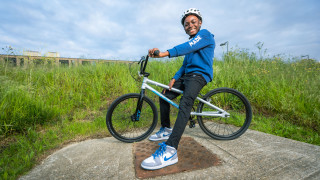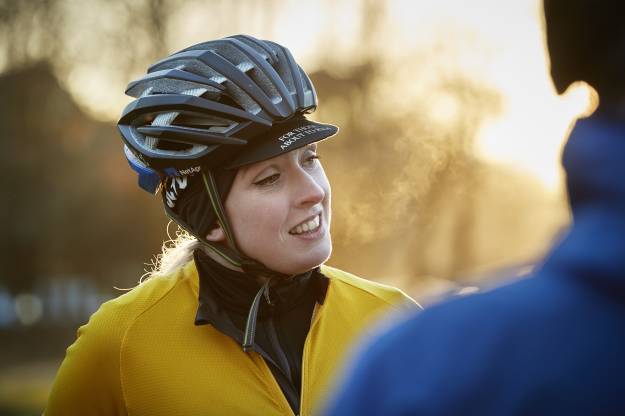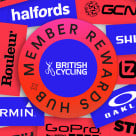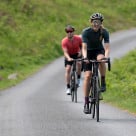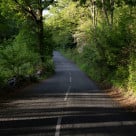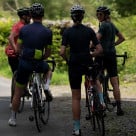We understand that young people will go through different stages in their cycling journey. As such, we have identified four broad areas that a person is likely to experience covering all aspects of children and young people's engagement with cycle sport.
These four areas will help everyone involved in Go-Ride to clearly assign purpose to actions and activities.
1. Getting started
Here a rider is just starting out on their cycling journey, maybe using a balance bike or pedalling for the first time. At this stage we want to ensure that the pathway into cycling is simple for children, young people and their support system. We will support clubs to reach out to children and young people from their community, with the aim of increasing membership of existing clubs.
At a voluntary level, this stage also considers first steps such as coaching, supporting an event or getting involved with club management. The motivation is to boost participation in grassroots cycle sport. We will support clubs with the delivery of youth programmes such as youth cycling awards and a young volunteers award.
2. Staying engaged
This is where habits are formed, and most of the club engagement with children and young people will take place. Regular attendance and involvement should be prioritised, creating positive experiences and encouraging a motivation to ride.
Activity in this phase will aim to support children to continue their riding journey and progress, developing their cycling skills. Our aim is to ensure that all clubs, groups and teams with children and youth cyclists feel supported to provide the best start in the sport.
3. Making progress
It is at this stage that children and young people develop their skills. Although simply getting out on the bike and having fun is very important, most people want to make progress. This area seeks to support a clear progression from getting started to young riders reaching their full potential.
Competition is a crucial part of cycle sport, and this phase will support advancing riders to learn the skills relevant to compete. Important skills will be developed, and riders will begin to specialise in specific disciplines.
We ask clubs to ensure that competition is a prominent part of delivery, with discipline-specific coaching, access to regional competition and cross-club activity e.g. club clusters, regional and national competition and engagement with talent development pathways.
4. Lifelong involvement
At this final stage is consideration of what riders do beyond their childhood and youth years of cycling. It is the lifelong involvement in the sport both on and off the bike.
Young people are the future of cycling and need to be supported to become lifelong members of the cycling community. They will be supported to sustain their cycling activities, continue to compete, and progress. Plus we are committed to offering the support that young people need as they move into adulthood, further competition and potentially involvement as a supporter or volunteer.


